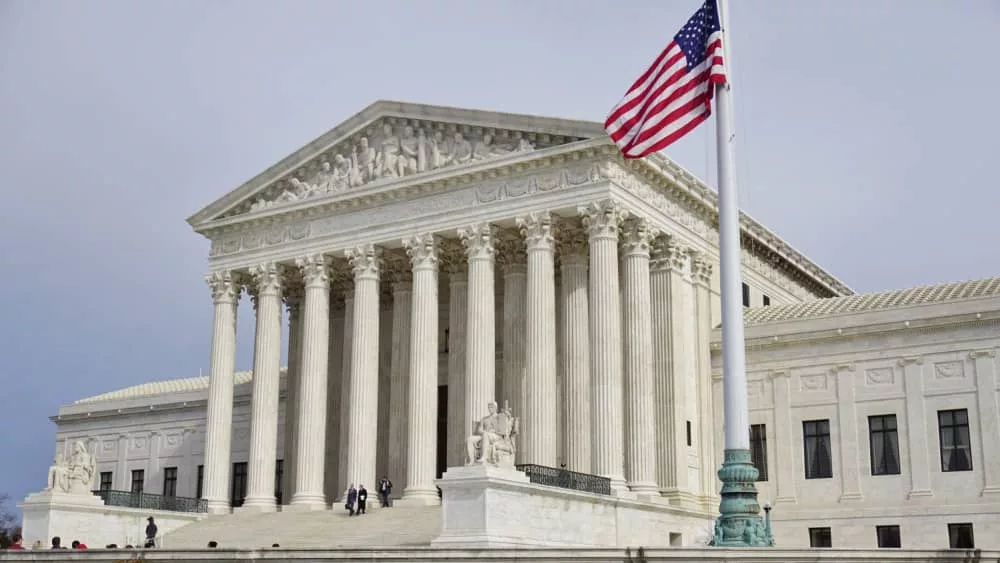
On Tuesday, the Supreme Court ruled in favor of a Colorado man convicted of making “true threats” who repeatedly sent abusive messages to a local musician. The high court said that Billy Counterman’s conviction — for sending Facebook messages to singer-songwriter Coles Whalen — was based on the wrong legal standard.
The justices ruled on a 7-2 vote that the jury should have been required to make a finding about whether he intended his comments to be genuine threats. If such messages are not true threats, they are deemed protected speech under the Constitution’s First Amendment. The case now returns to lower courts for further proceedings on whether the conviction should be thrown out.
Justice Elena Kagan wrote for the majority: “The state had to show only that a reasonable person would understand his statements as threats. It did not have to show any awareness on his part that the statements should be understood that way. For the reasons stated, that is a violation of the First Amendment.” Conservative Justice Clarence Thomas and Justice Amy Coney Barrett dissented.
Prosecutors focused on messages Counterman sent to Whalen on Facebook for two years, beginning in 2014. Examples included “I’ve had tapped phone lines before, what do you fear?” and “You’re not being good for human relationships. Die. Don’t need you.” Whalen did not respond to any of them and ultimately reported them to the police in 2016, according to court documents. Counterman was convicted of one count of stalking and sentenced to 4½ years in prison. The conviction was upheld on appeal, prompting him to ask the Supreme Court to intervene.
The case is similar to a 2015 ruling in which the court threw out the conviction of a Pennsylvania man who made threatening remarks on Facebook aimed at his ex-wife. That case was decided on relatively narrow grounds and did not reach the broader constitutional question raised by Counterman’s attorneys.
Editorial credit: EQRoy / Shutterstock.com





